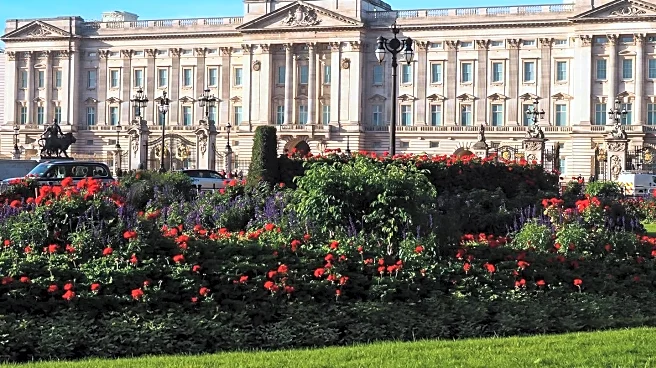What's Happening?
A community in London is rallying to preserve a garden that was created on a World War II bomb site. The garden, cherished by locals, faces potential changes due to a proposed extension that would block
sunlight. The local council is tasked with securing £50,000 to implement shade-tolerant planting to maintain the garden's viability. This effort highlights the community's dedication to preserving a piece of history and maintaining green spaces in urban areas.
Why It's Important?
The preservation of the WWII bomb site garden is significant as it represents a community's connection to its historical roots and the importance of green spaces in urban environments. Such gardens offer ecological benefits, enhance urban biodiversity, and provide residents with a place for relaxation and reflection. The community's efforts underscore the broader societal value placed on historical preservation and environmental sustainability. The outcome of this initiative could influence future urban planning and conservation efforts in other cities.
What's Next?
The local council's next steps involve securing the necessary funding for shade-tolerant planting. This will require collaboration with local stakeholders and possibly seeking external funding sources. The community's continued advocacy and involvement will be crucial in ensuring the garden's preservation. The decision could set a precedent for how similar historical and environmental sites are managed in the future.
Beyond the Headlines
This situation highlights the ethical considerations in urban development, balancing progress with the preservation of historical and environmental sites. It raises questions about the role of local governments in protecting community interests and the potential for public-private partnerships in funding such initiatives. The garden's fate could inspire other communities to take action in preserving their own historical sites.









